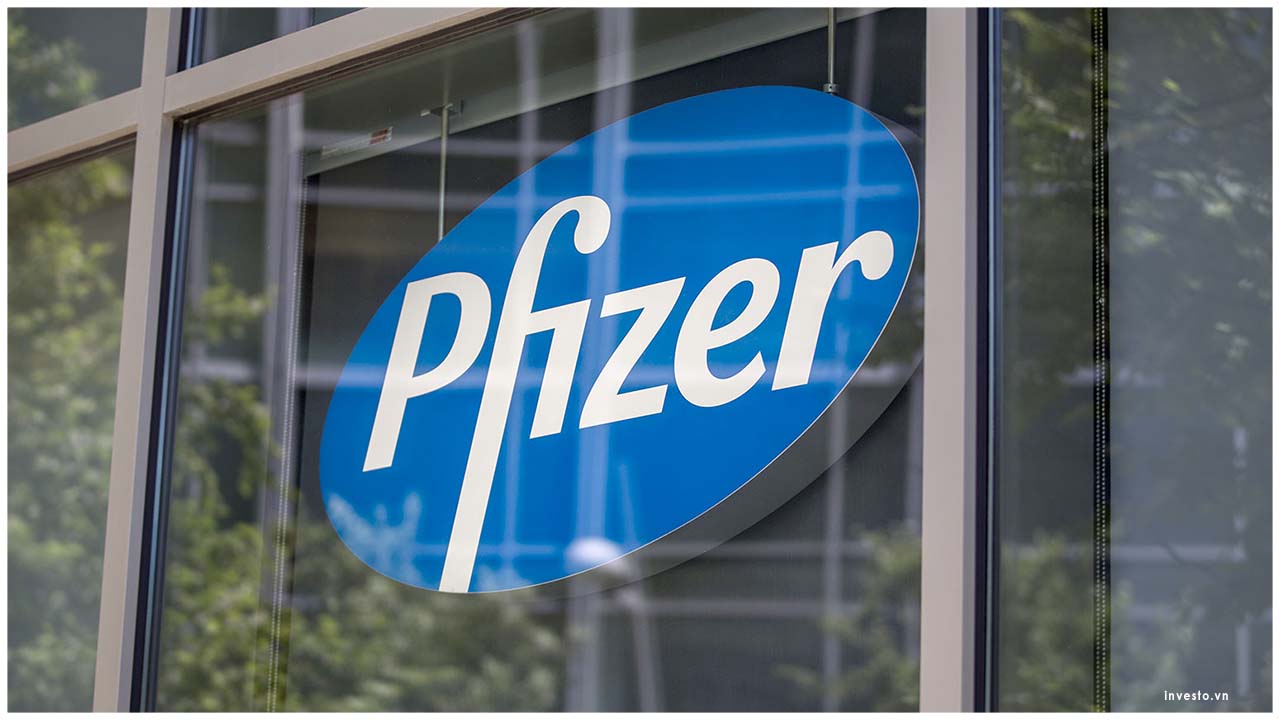Pfizer Inc. and Sangamo Therapeutics, Inc., a genomic medicines company, today announced that the first participant has been dosed in the Phase 3 AFFINE study of giroctocogene fitelparvovec (SB-525), investigational gene therapy for hemophilia A patients.
AFFINE is a global Phase 3, open-label, multicenter, single arm study that will evaluate the efficacy and safety of giroctocogene fitelparvovec in patients with moderately severe to severe hemophilia A. The primary endpoint is impact on annual bleed rate (ABR) through 12 months following treatment with giroctocogene fitelparvovec, compared to ABR on Factor VIII (FVIII) replacement therapy collected in the Phase 3 lead-in study period. Participants will be analyzed throughout the 5-year study period following the single infusion to further assess the durability and efficacy.
“The initiation of the pivotal Phase 3 dosing study of giroctocogene fitelparvovec is a significant achievement for Pfizer as we continue our longstanding commitment to improving care for the hemophilia community,” said Brenda Cooperstone, Chief Development Officer, Rare Disease, Pfizer Global Product Development. “Enrollment in the lead-in study is progressing well and recruitment is on track for Phase 3. Given the Phase 1/2 study findings to date, we believe that giroctocogene fitelparvovec has the potential to sustain factor levels and reduce annual bleed rates, suggesting this one-time gene therapy could potentially transform the standard of care for eligible patients worldwide.”
Data from the Phase 3 lead-in study will provide a baseline for patients evaluated in the Phase 3 study. Updated Phase 1/2 data announced at a Pfizer investor event on September 15, 2020 demonstrated that giroctocogene fitelparvovec was generally well tolerated. Each of the five patients in the high dose cohort sustained FVIII activity levels without bleeds or the need for prophylactic factor through up to 85 weeks. Factor VIII activity levels were sustained at a clinically meaningful level, with a geometric mean of ~71% when measured between the weeks of 9 and 52.
“We are encouraged that findings from the Phase 1/2 Alta study met two critically important measures for the hemophilia A patient community, showing clinically meaningful factor levels and reduced bleeds,” said Bettina M. Cockroft, M.D., M.B.A, Chief Medical Officer of Sangamo. “The progress of this program, the most advanced of our gene therapy product candidates, into Phase 3 is an important milestone for Sangamo, as it represents our first asset in a registrational trial.”
Per the terms of the collaboration agreement, Sangamo has now earned a $30 million milestone payment. The giroctocogene fitelparvovec collaboration was established in May 2017. Under the terms, Pfizer is now operationally and financially responsible for research, development, manufacturing and commercialization activities for giroctocogene fitelparvovec following the transfer of the Investigational New Drug (IND) from Sangamo to Pfizer in December 2019. Sangamo is eligible to receive total potential milestone payments of up to $300 million for the development and commercialization of giroctocogene fitelparvovec, and up to $175 million for additional hemophilia A gene therapy product candidates that may be developed under the collaboration. Sangamo will, additionally, receive tiered royalties starting in the low teens and up to 20% of annual net sales of giroctocogene fitelparvovec.

 The initiation of the pivotal Phase 3 dosing study of giroctocogene fitelparvovec is a significant achievement for Pfizer as we continue our longstanding commitment to improving care for the hemophilia community
The initiation of the pivotal Phase 3 dosing study of giroctocogene fitelparvovec is a significant achievement for Pfizer as we continue our longstanding commitment to improving care for the hemophilia community










.jpeg)

.jpeg)










.jpg)




.jpg)

